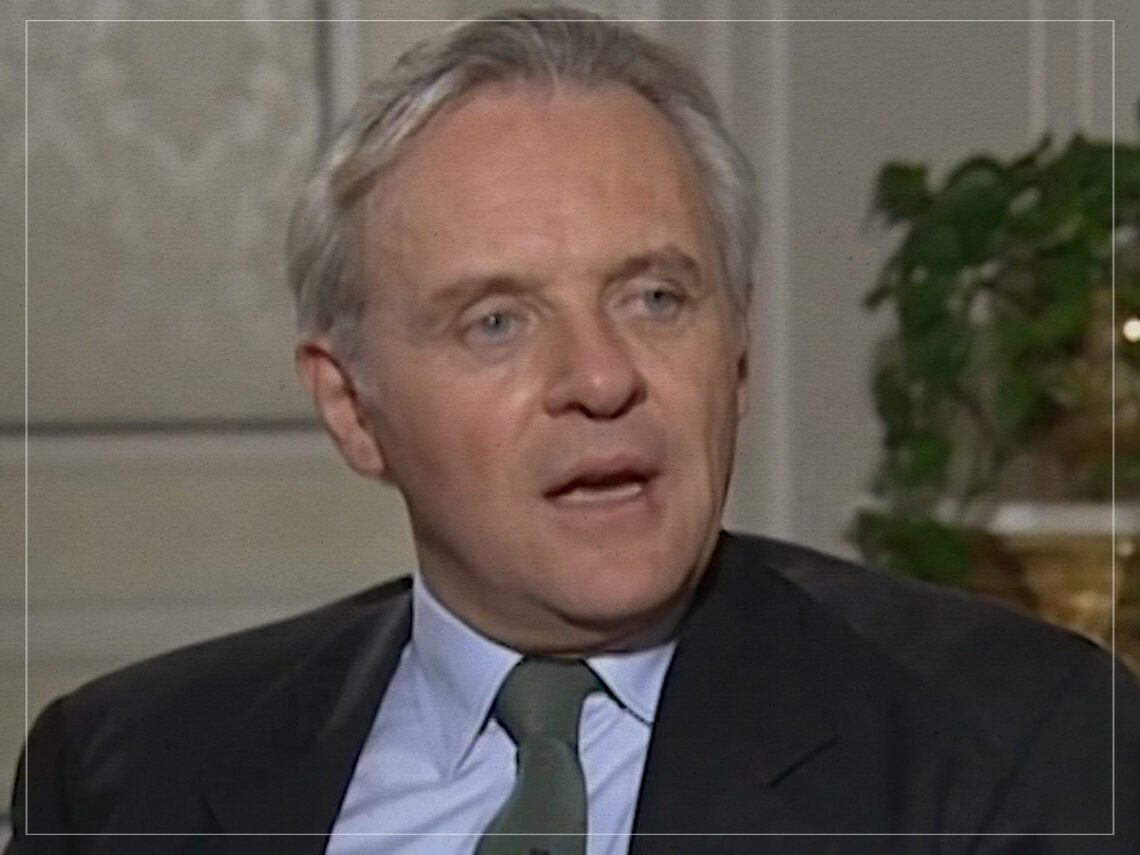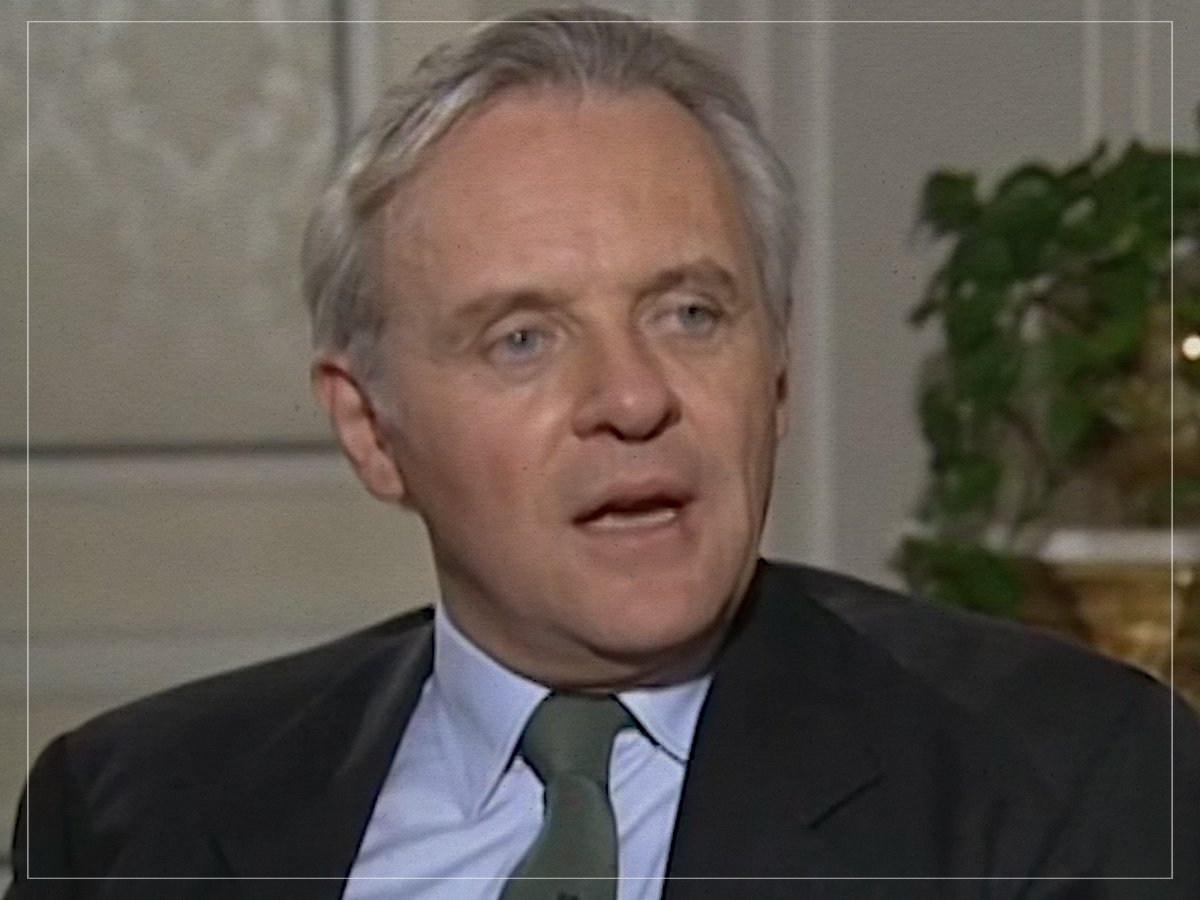
(Credits: Far Out / YouTube Still)
Sat 8 November 2025 17:15, UK
Even when he was a young actor cutting his teeth on the London stage in the 1960s, Anthony Hopkins was never short on confidence. Then again, arrogance might be more apt, since he had no issues admitting that the biggest obstacle he faced in those early years was often himself.
The duality at the heart of his career has been in place for six decades; Hopkins adores everything about acting, but he hates actors. If he had his way, he’d simply turn up on set, not talk to anyone, and then go home at the end of the day after completing his scenes, because he finds everything else to be a pain in the arse.
Awards ceremonies? He can’t stand them. Method actors? Can’t stand them, either. The relentless technological innovations of cinema? He’s not the biggest fan. Big-budget studio films? The star of Transformers: The Last Knight and Rebel Moon called them “awful, horrible things to do.”
He’s never been the happiest of chappies, then, but he’s always been very good at his job. Confidence has never been something Hopkins has lacked, whether it’s quitting mid-performance to take a moral stand, calling filmmakers out on set for their unprofessionalism, or openly trashing many of his previous credits. And yet, a few choice words from a co-star had him begging a director to fire him on the spot.
In his defence, Hopkins didn’t think he was the right man to play the title role in Oliver Stone’s Nixon. As a Welshman who didn’t look much like the subject, he had no idea why the Platoon and JFK steward was so desperate to cast him in the part. Eventually, thanks to some reverse psychology, he agreed and was rewarded with an Academy Award nomination for ‘Best Actor’.
However, if Paul Sorvino had gotten his way, it never would have happened. The Goodfellas alum, who played national security advisor and eventual secretary of state, Henry Kissinger, wasn’t impressed with Hopkins’ accent during an early table read, criticising how little he sounded like Nixon.
“Your voice was all wrong, your speech patterns are way off,” Hopkins recalled him saying in his memoir, We Did OK, Kid. Even though he already had an Oscar under his belt for turning Hannibal Lecter into a cultural icon in Jonathan Demme’s The Silence of the Lambs, Sorvino, who’d never even been shortlisted for any major awards, decided to tell the star that he was blowing it.
Taking it to heart, Hopkins requested that Stone release him from his contract, telling the filmmaker, “I don’t want to spoil your film.” This being the famously brash and outspoken mind behind several of his era’s most incendiary movies, his response emboldened the leading man, restored his confidence, and verbally annihilated Sorvino, all in one fell swoop.
“Has that fat slob been getting to you?” Stone asked. “You don’t have to answer. I know he was. He’s a baby. Don’t take any notice of him.” From that moment on, he couldn’t have cared less what Sorvino had to say, and he embraced his role as the disgraced former president.
Related Topics

